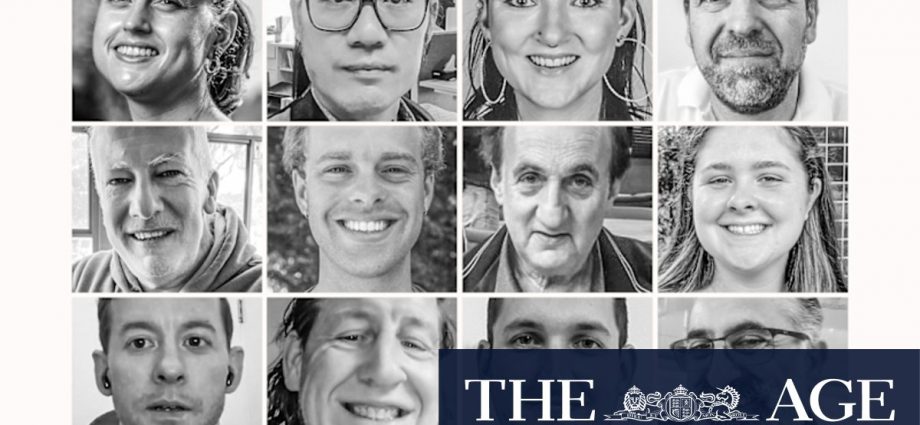With the election campaign in full swing and Australians going to the polls on May 3, we asked undecided voters around the country what they thought the big issues were and what would clinch their vote.
To burst the Canberra bubble, we spoke with 12 undecided voters in NSW, Victoria, WA and Queensland to gauge what everyday Australians regarded as the real issues and what they made of their politicians.
The voters were recruited through Resolve Strategic, which conducts regular RPM polling for the Herald and The Age. They were screened to ensure they lived in the seats that could help decide the 2025 election outcome, were not fully committed in their vote choice, and did not work in an occupation that would give them special insight into the election.
We asked them questions about their top priorities for politicians, their views on the major parties and their leaders, what they made of minor parties and independents and how they felt about Australia’s outlook.
Their responses were forthright, ranging from local issues on crime and internet coverage to housing affordability and health.
The common theme was the cost of living. Most said they felt necessities were becoming more expensive and needed to be addressed by the next government.
There was also a sense of pessimism about the future – whether it be Australia’s economic outlook or a cultural shift.
Several voters also indicated a lack of faith in the two major parties, believing their leaders to be uninspiring, or that parliament could benefit from greater influence from minor parties and independents.
Andy Hannan, 42, a building manager who lives in the blue-ribbon seat of Bradfield in Sydney, said he did not usually vote for the major parties.
“If you want to see things more localised and have changes where people are more attuned to the local community generally, I’ve seen that [with] independent candidates,” he said.
‘Not realistic and achievable’
Adrian Hill, 50, a chemical manufacturing manager from the marginal seat of Deakin in Victoria, thinks he might “vote away” from the major parties.
“I’ve looked at some of the policies of the minor parties and they’re amazing. But they are just not realistic and achievable,” he said.
Anna Deakin, 22, lives in Griffith electorate in Queensland and is a nursing assistant, student and retail worker. Climate change was on her list of issues that needed strong action, but cost of living was the most pressing.

Nurse Alexandra Nash, pictured in Rushcutters Bay, lives in the Wentworth electorate and says she is still undecided about how she will vote. Credit: Wolter Peeters
“On my priority list is the cost of living and renting, how much rent goes up … I literally have a side-hustle of walking two beagles every single day, seven days a week, twice a day, just so I can pay my rent and save money,” she said. “[The election] will determine how a lot of people go financially.”
George Semertzidis, 57, a business owner who lives in the vulnerable Labor electorate of McEwen in Victoria, said he felt uninspired by the leaders of both major parties.
“I can’t remember the last time I looked at Liberal and Labor and thought ‘I’m going to vote for this guy,’ ” Semertzidis said.

George Semertzidis lives in Whittlesea, in the seat of McEwen.Credit: Justin McManus
“People sort of get tired of the same government and they want a change for change’s sake, not because the next person is going to be better. And I worry that that’s why Peter Dutton’s going to be elected.”
We plan to check in with them again throughout the campaign to gauge their views on how the candidates and parties have performed and ask whether they’ve decided who they’ll vote for.
Cut through the noise of federal politics with news, views and expert analysis. Subscribers can sign up to our weekly Inside Politics newsletter.


